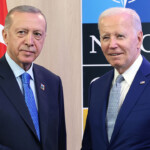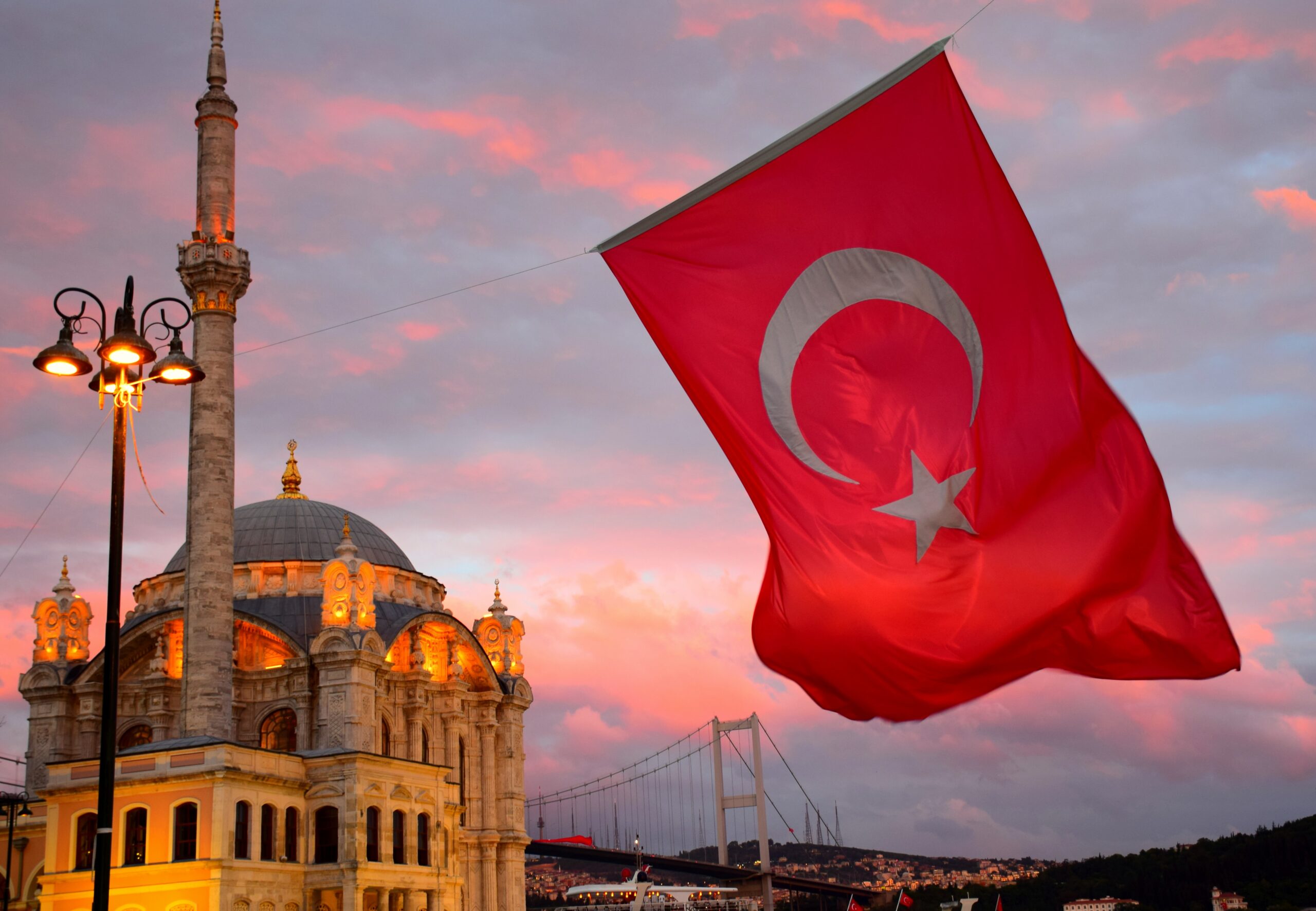‘Until a decade ago, European democracies such as Sweden and the Netherlands, set norms that helped reform Turkey into a more liberal society. Now, it is the reverse: an autocratic Turkey is imposing and dictating its own criteria to democracies, with tangible success.’
The thriller we call “Sweden’s Path Into NATO” remains a never-ending tale. In many ways, it comes as no surprise that Sweden is kept on the edge, and yet the Swedes continue to be surprised. No wonder, given that their culture is generally based on rationality and a trust in promises and handshakes.
But from the outset, the Swedish political elite and a few pundits have forgotten—or pretended to, perhaps—that “the other side” operates on the codes of another culture, in which negotiations are always seen as a horse trade, dialogue as arm wrestling. An eastern type of maximalism.
We are now wondering whether Turkish Parliament will issue the final green light to Sweden to enter NATO, despite the glad handshakes, pictures of joy and Erdoğan’s nod. Now or later? If later, when? Why this delay? Did Erdoğan mean business or is he simply enjoying the torture of keeping Stockholm in the waiting room? Is this an act of revenge for the EU, which has kept Turkey in that room for decades?
The element of surprise is that, at the time of writing, Parliament could convene tomorrow or in four months. Swedish impatience escalates, rightly so, because the more time passes, the heavier the pressure over Kristersson’s fragile government will be.
We know some of the reasons for this delay. Apparently, Erdoğan did consult his ally, ultra-nationalist MHP leader Devlet Bahçeli, about his go-ahead for Sweden. When Bahçeli showed dismay last Tuesday, Erdoğan’s team may have seen a risk that the ratification would not be the slam dunk he had counted on. On Thursday, the two met and certainly discussed this issue as well. As I said: any surprise, any time.
A potential culture-clash will continue to lurk in the background. The new bilateral agreement includes a murky insert of the names of PYD/YPG and FETO as terrorist organizations, although none of them are “terror-stamped” in any international context. And because it is in the context of a NATO document, it signals scandal.
Indirectly, this is both a challenge to the USA—guardian of the PYD in Syria—but also an intervention in the domestic affairs of Sweden and its rule of law. This will cause a debate, and deep discontent among diaspora groups in Sweden.
On the other side, in Turkey, tensions remain high. The large nationalist paths of Turkish society object to Quran burnings and Kurdish demonstrations in Sweden. It’s a harsh front of an ongoing culture clash between these two countries. Turkey has been persistently testing and pushing the limits of Sweden’s solid, pro-freedom rule of law since the Madrid summit last year.
Now, the red line has been reached. But given the bilateral agreement and the “road map” imposed on Sweden as an obligation, all paths remain open for Ankara to exert its anti-democratic will upon Stockholm in perpetuity. Erdoğan, as a chief horse-trader, knows very well that the day Swedish entry is ratified there will be no leverage left. Once it enters, no internal games can kick Sweden out. This may also explain the delay. The Turkish side wants to keep Sweden subordinated.
The burning of Qurans and Kurdish demonstrations can also serve as an excuse for delay. But there is not much there to do. Erdoğan certainly knows that in nine NATO member states desecration of holy scripts are not a crime.
And it is puzzling that none of the top NATO powers have dared to come out and reminded him of that fact—that his argument would mean a NATO with far fewer members than now. No member state has reminded him either that, were he so respectful for holy symbols, he would never have converted the Hagia Sophia—the magnificent symbol of the Orthodox Church—into a mosque three years ago. By not challenging him, the western allies keep an open leeway for his antics.
How things have changed. 15 years ago, when Turkey was given the green light for the EU accession process, it was Sweden—on both sides of the political spectrum—offering full fledged support for it. It was Sweden actively backing projects for reforming Turkey’s flawed justice system.
At the time, Erdoğan was crowned the co-leader of the now-defunct “Alliance of Civilizations,” along with the then-Spanish PM, Zapatero. All EU leaders, except Sarkozy and Merkel, had cast themselves behind it for benevolently helping Turkey qualify for the league of democracies.
The opposite has happened since the Gezi Park protests in 2013. After a nightmarish decade, NATO now has a hard-core autocrat and crisis-ridden country acting as an unreliable ally. Turkey is seen widely by its critics as a police state with no prospect left for any EU accession process.
Far worse, it is now Erdoğan’s Turkey, imposing and dictating its conditions malevolently to one of the world’s oldest democracies—which bends and bows. This is, without a doubt, the huge irony of history.
The views and opinions expressed above are the author’s and do not reflect those of the Free Turkish Press.


